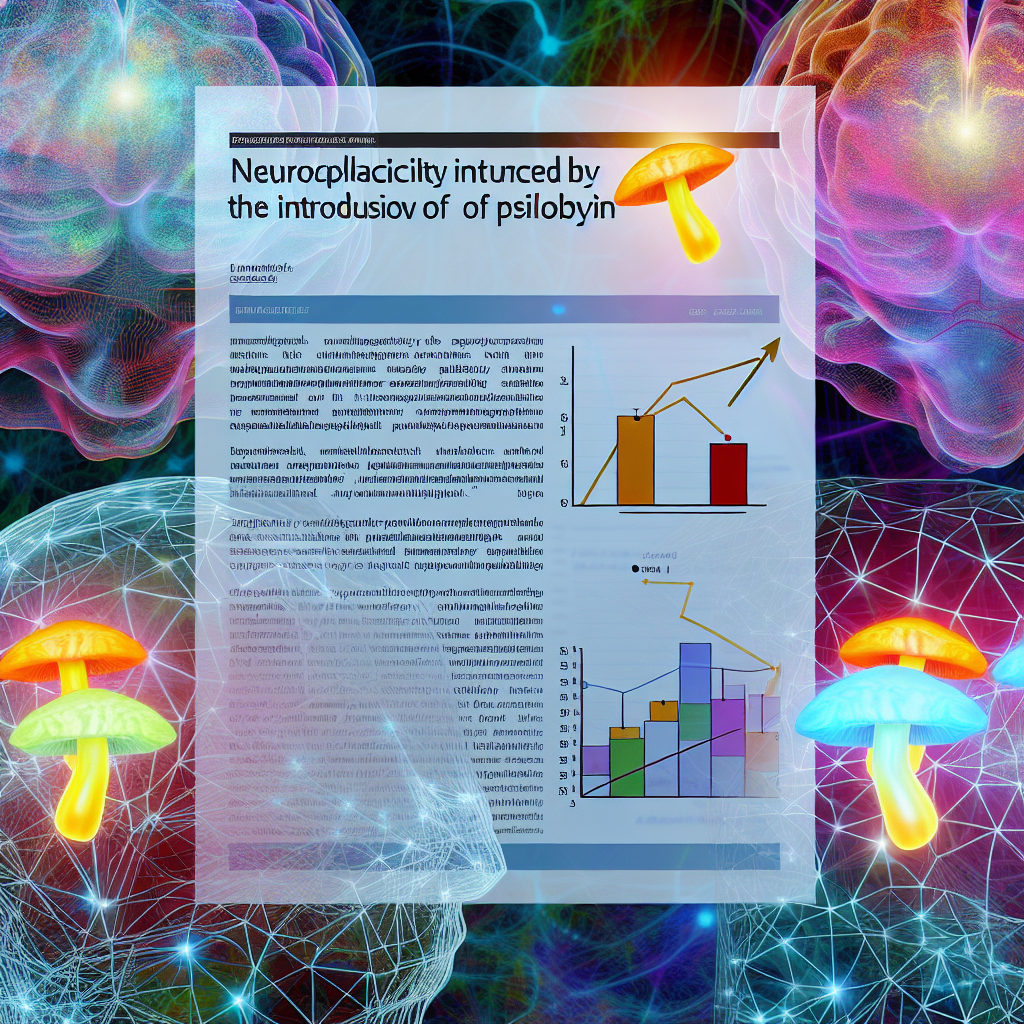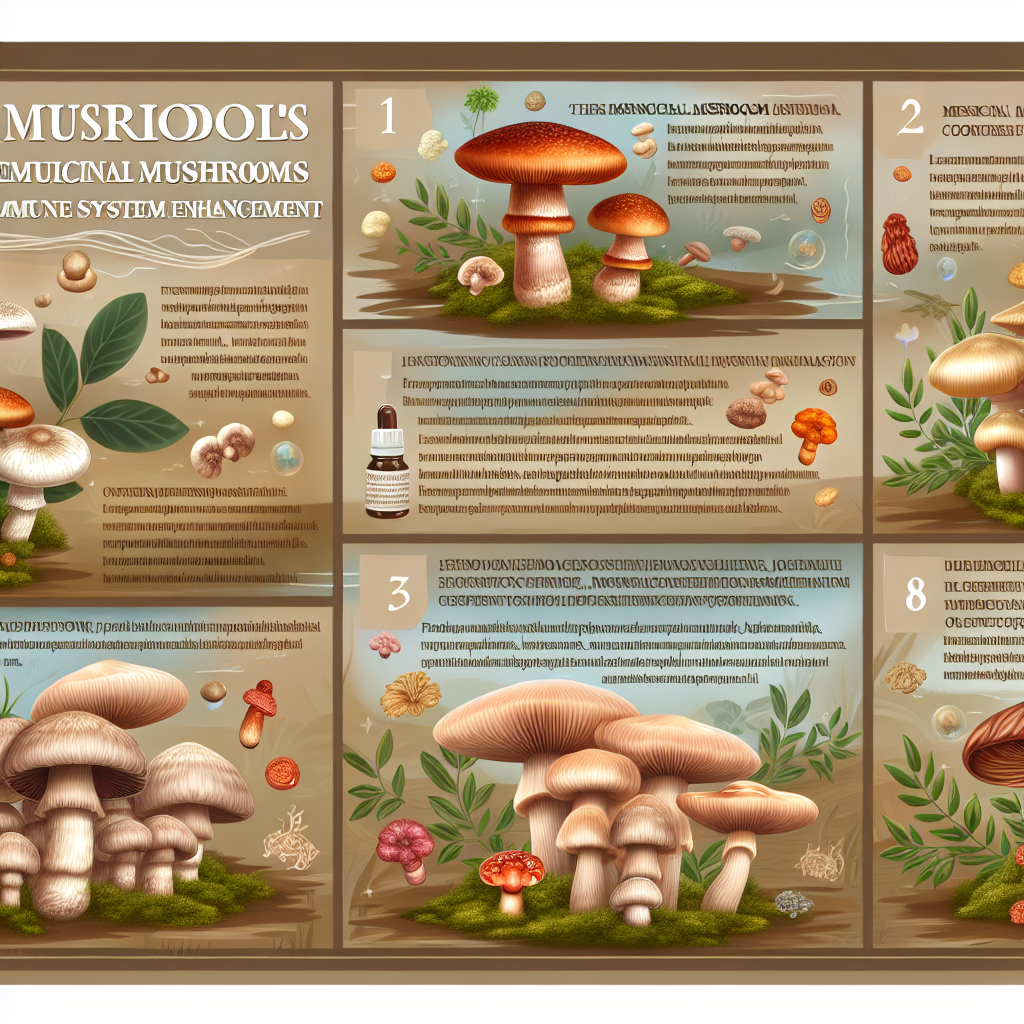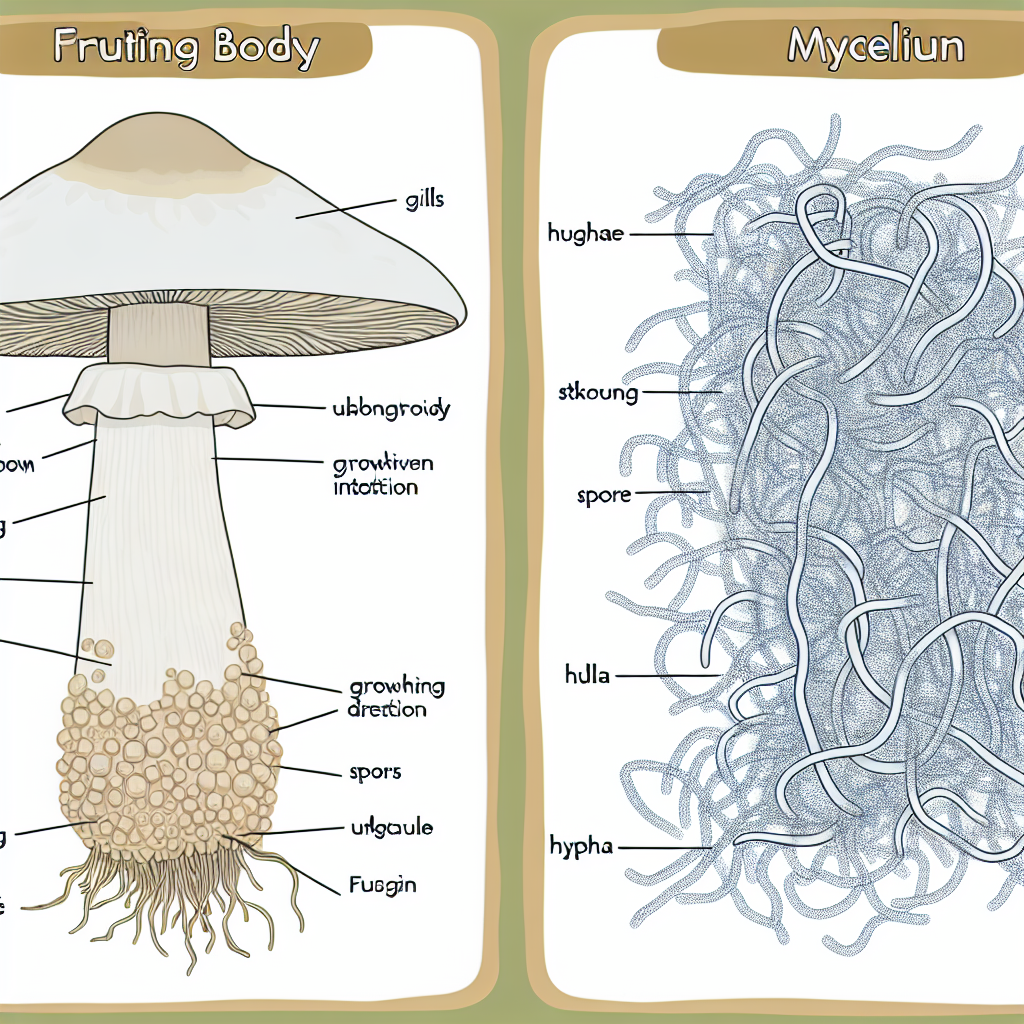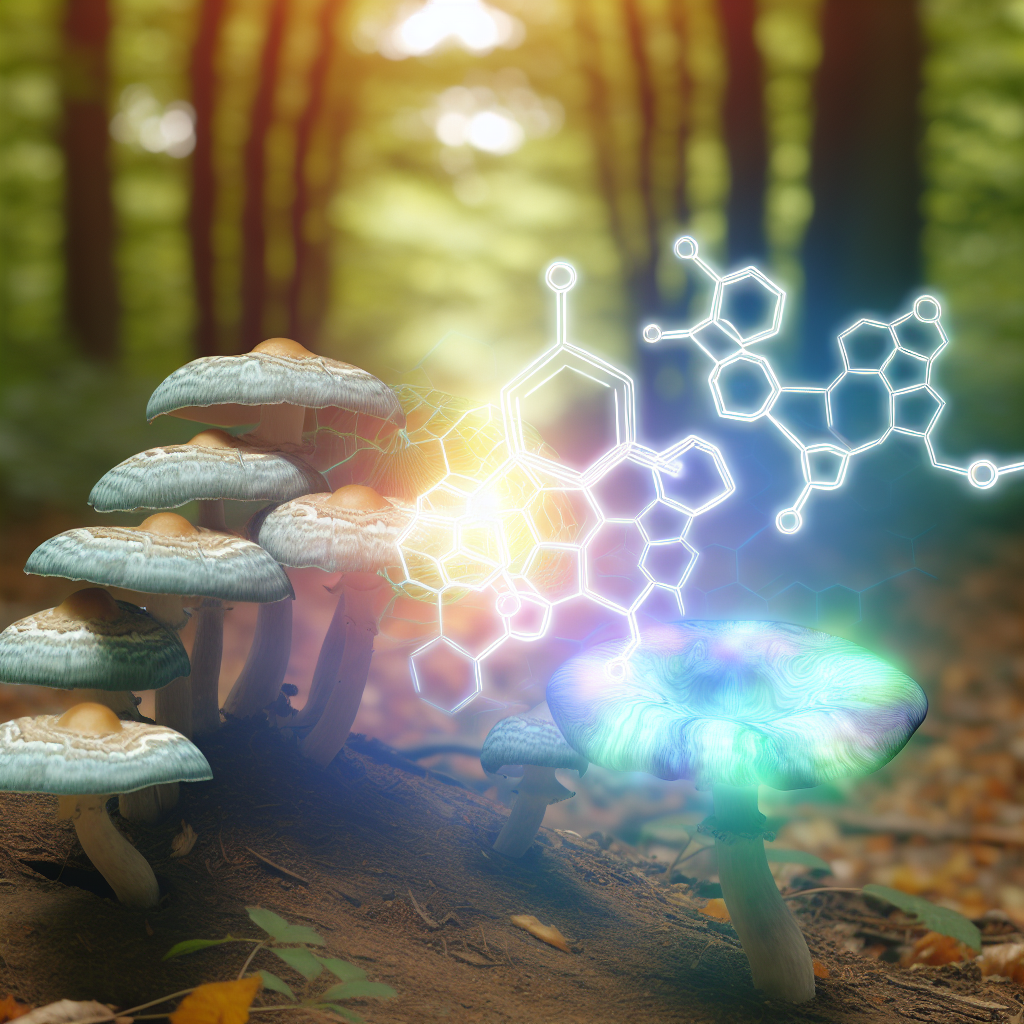Latest Neuroscience on Psilocybin and Neuroplasticity: What Studies Reveal
Psilocybin and Brain Healing: The New Frontier in Mental Health
Over the past few years, psilocybin—the active psychedelic compound in “magic mushrooms”—has transitioned from a counterculture curiosity to a legitimate subject of cutting-edge medical and neurological research. The resurgence of clinical interest in psilocybin stems from its profound psychological effects and therapeutic potential, particularly with regard to major depressive disorder, PTSD, addiction, and existential anxiety. Notably, researchers are now uncovering how psilocybin impacts neuroplasticity, offering new insights into how this ancient compound could help reshape the brain’s structure and function.
Neuroplasticity refers to the brain’s ability to reorganize itself by forming new neural connections throughout life. It underlies essential processes such as learning, memory, and recovery from injury. Traditionally, therapies for depression or anxiety relied on promoting neurotransmitter balance; however, the new frontier in neuroscience suggests that rewiring the brain’s circuits through plasticity may be key to long-term cognitive and emotional healing.
Psilocybin appears to act as a chemical catalyst for neuroplasticity, helping the brain break free from rigid, maladaptive patterns and enabling the formation of new, healthier connections. Specifically, psilocybin binds to serotonin 2A receptors in the brain, initiating a cascade of intracellular and network-level events that influence brain connectivity and plasticity. This receptor activation not only alters states of consciousness but also appears to play a pivotal role in boosting synaptogenesis (the formation of synapses) and promoting dendritic growth.
Emerging evidence suggests that even a single psilocybin session—whether through clinical microdosing or guided macrodosing—can facilitate measurable changes in brain structure and function. MRI and fMRI studies have confirmed changes in connectivity patterns, particularly in the default mode network (DMN), a series of brain regions implicated in self-referential thinking and rumination. These changes may account for many of the psychological benefits reported by patients and participants in clinical settings.
As interest in natural cures and holistic treatments continues to rise, psilocybin is poised to become a paradigm-shifting agent in mental health care. Understanding how it modifies neuroplasticity will be crucial not just for treatment protocols but also for forming ethical and effective frameworks around its use.
Breakthrough Discoveries: How Psilocybin Unlocks the Brain’s Potential
Recent neuroscience research underscores how psilocybin’s capacity to influence neuroplasticity may underpin its therapeutic benefits. A seminal study published in the journal *Cell Reports* in 2021 by Dr. David Olson and colleagues at the University of California, Davis found that psychedelics, including psilocybin, promote both structural and functional neuroplasticity in rodents. This was evident in the increased number of dendritic spines and synaptic connections in the brain’s prefrontal cortex—an area associated with cognitive flexibility and emotional regulation (source).
Another critical piece of the puzzle comes from human imaging studies. In 2022, a research group from Imperial College London led by Dr. Robin Carhart-Harris conducted an fMRI study that examined the brain activity of individuals before and after psilocybin therapy. The results demonstrated substantial increases in brain network integration and flexibility, particularly in areas associated with sensory processing and ego dissolution (source).
What’s particularly noteworthy is that these neurological changes persisted for weeks after a single therapeutic dose. This supports the idea that psilocybin does not merely offer a temporary shift in perception or mood; instead, it initiates long-term restructuring of the brain’s architecture, fostering conditions necessary for enduring emotional and cognitive improvement.
Clinical Triumphs: Efficacy in Treating Depression, Anxiety, and PTSD
In psychiatric studies, psilocybin is showing promise in treatment-resistant conditions. For example, researchers at Johns Hopkins University found that psilocybin-assisted therapy led to significant reductions in depressive symptoms in patients with major depressive disorder. Not only were improvements sustained for over a month following treatment, but the degree of change correlated with how deeply patients experienced ego dissolution and cognitive reorganization during their sessions (source).
On a molecular level, psilocybin’s impact on the serotonin 5-HT2A receptor is crucial. Activation of this receptor stimulates the release of brain-derived neurotrophic factor (BDNF), a protein intimately involved in supporting the growth, survival, and differentiation of new neurons and synapses. Elevated BDNF levels are strongly linked to improved neuroplasticity and cognitive function, offering a neurological explanation for the enduring positive effects many users report.
Resetting the Brain: A Natural Reboot for Mental Health
Preclinical models suggest that psilocybin may encourage a “reset” mechanism, whereby rigid, maladaptive brain circuits are temporarily disrupted, allowing more adaptable patterns to emerge. This has immense implications for conditions influenced by cognitive rigidity, such as OCD, chronic anxiety, and PTSD.
The Future of Healing: Psilocybin and the Promise of Brain-based Therapies
The latest advancements in neuroscience are bringing us closer to understanding why psilocybin holds such promise as a therapeutic tool. Through enhancing neuroplasticity, it may allow individuals to escape the ingrained neural pathways that underpin mental illness, opening the door to lasting healing and transformation. As research deepens and legal frameworks evolve, psilocybin could redefine the future of natural, neuroscience-informed mental health care.
**Summary:**
The latest neuroscience research suggests that the psychedelic compound psilocybin holds immense potential for treating mental health conditions by enhancing neuroplasticity – the brain’s ability to form new neural connections. Studies show that psilocybin can promote structural and functional changes in the brain, leading to long-term improvements in depression, anxiety, PTSD, and other treatment-resistant disorders. As the therapeutic use of psilocybin continues to evolve, it could redefine the future of natural, neuroscience-informed mental health care.
**References:**
– [Psychedelics Promote Structural and Functional Neural Plasticity](https://www.cell.com/cell-reports/fulltext/S2211-1247(21)00565-X)
– [Brain Network Changes Underlie Psilocybin Therapy](https://www.nature.com/articles/s41586-022-04423-6)
– [Effects of Psilocybin-Assisted Therapy for Depression](https://jamanetwork.com/journals/jamapsychiatry/fullarticle/2772630)
– [Psilocybin and the Serotonergic System](https://www.ncbi.nlm.nih.gov/pmc/articles/PMC6007659/)
– [BDNF and Neuroplasticity in Depression](https://www.ncbi.nlm.nih.gov/pmc/articles/PMC3181836/)

Dominic E. is a passionate filmmaker navigating the exciting intersection of art and science. By day, he delves into the complexities of the human body as a full-time medical writer, meticulously translating intricate medical concepts into accessible and engaging narratives. By night, he explores the boundless realm of cinematic storytelling, crafting narratives that evoke emotion and challenge perspectives. Film Student and Full-time Medical Writer for ContentVendor.com




